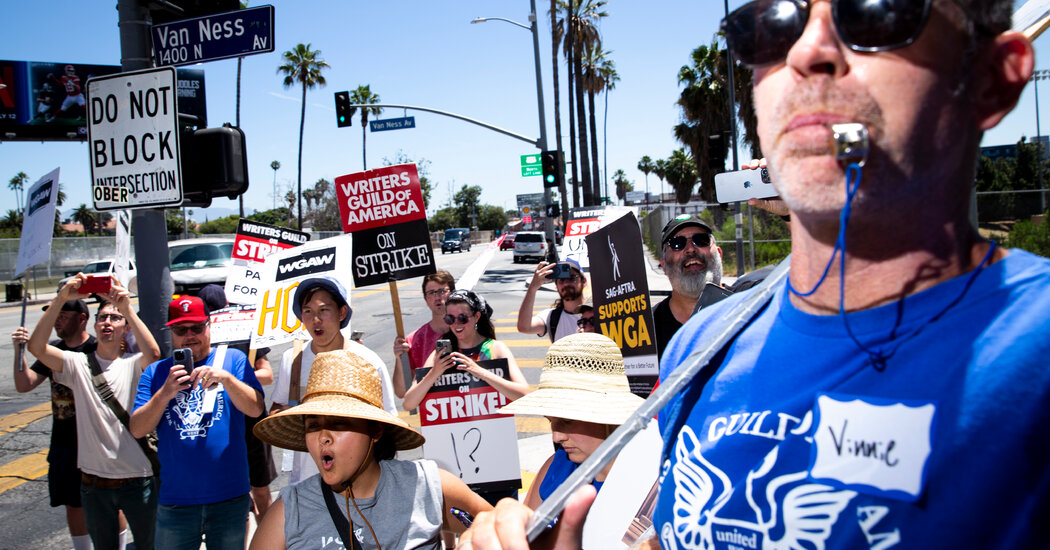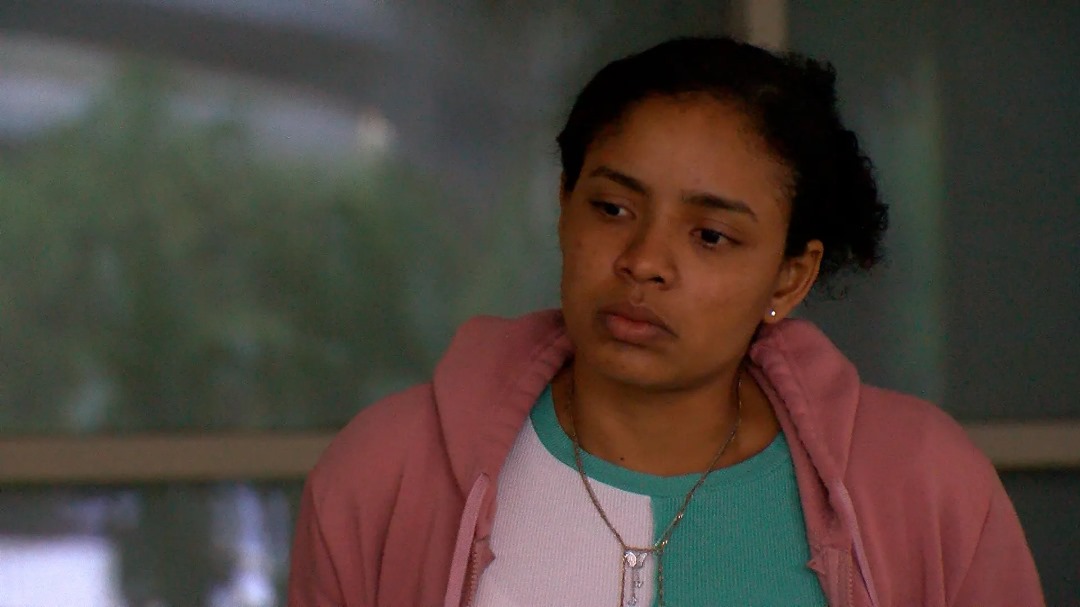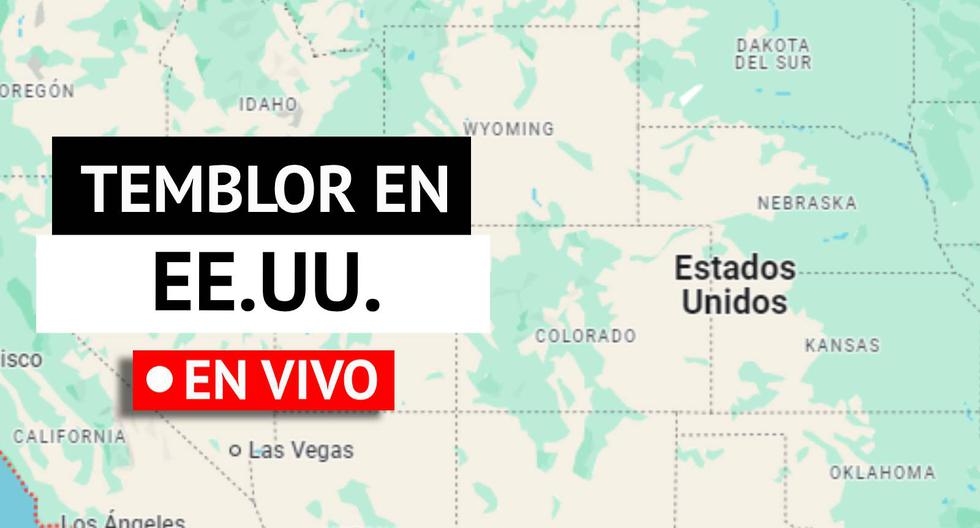In a state where screenwriters, housekeepers and school janitors have already gone on strike this year, Democratic lawmakers in California have introduced a bill late in the legislative session that would allow such workers to receive unemployment benefits while on the picket line.
Supporters of the bill, including the powerful California Labor Federation, say they hope to seize on the momentum created by a wave of high-profile walkouts that have taken place in the state this year. The proposal comes as Hollywood productions have all but stopped since actors went on strike in July and screenwriters stopped working in May, while hotel workers are continuing to engage in strategic walkouts in Southern California and urging tourists to stay away.
The proposal, introduced by influential Democrats this week, would allow employees engaged in labor disputes to apply for unemployment insurance pay after two weeks off the job. Right now, workers who choose to strike are not eligible for unemployment benefits and must rely on savings or strike funds set up by unions to pay their bills.
The proposal could give workers in California greater incentive to go on strike over pay and conditions, as well as greater financial ability to extend a walkout, though it would not take effect until January. Business groups in the state are adamantly opposed, saying the bill would result in added employer costs, and have vowed to fight the proposal before the Sept. 14 deadline to pass legislation.
New York and New Jersey already allow striking workers to get unemployment benefits, including screenwriters and actors based there.
Since the Covid-19 pandemic began, labor officials say, California workers have faced increasing struggles to pay rent and buy food, especially in recent years when inflation soared. As a result, workers in a broader range of industries have chosen to take on their employers.
“We have people bargaining over things that are truly existential threats,” said Lorena Gonzalez, the labor federation’s chief officer, citing screenwriters’ concerns about their work being replaced by artificial intelligence.
Ms. Gonzalez proposed a similar measure in 2019, when she was a Democratic state lawmaker, that died in the Legislature. But in the years since, she said, lawmakers have come to see extending unemployment benefits — up to $450 per week — to striking workers as a way to ensure that they do not become homeless or require public assistance while employers wait them out.
“We know that this money will be turned around and used for rent, for food, for transportation,” she said. “Not having that money circulating in the community hurts the community.”
The proposal sets up another perennial clash in Sacramento between labor unions and business groups, who have sparred on everything from pandemic rules to gig worker benefits in recent years. Though Democrats have supermajority control of the state Legislature and most of them are aligned with labor, their caucuses include business-friendly moderates who could withhold support.
The bill would also require the signature of Gov. Gavin Newsom, a Democrat who has relied on labor support but has given weight to business considerations in the past. His office said that it did not comment on pending legislation.
California Chamber of Commerce leaders said this month that allowing striking workers to receive unemployment benefits would unfairly punish struggling employers, including those who are not feuding with their workers, because they might face higher payroll taxes.
The chamber pointed to California’s already insolvent state unemployment insurance fund, which relied on $20 billion in federal loans to continue providing benefits during the pandemic. A recent state legislative analyst’s report projected that the fund would operate at a deficit of about $1 billion this year, another outgrowth of pandemic upheaval.
The chamber, the state’s leading business group, took issue with the principle of providing benefits to workers who chose to walk off the job. “Being involuntarily unemployed is fundamentally different than voluntarily going on strike,” said Robert Moutrie, a lobbyist for the chamber.
But union leaders for the Writers Guild of America, which represents screenwriters, and SAG-AFTRA, which represents actors, blamed studios and employers for the labor disputes. They said the bill could help workers access critical resources.
“No one wants to go on strike,” said Duncan Crabtree-Ireland, SAG-AFTRA’s national executive director and chief negotiator, in a statement. “It’s an action of last resort, and workers who find themselves in this position should not be penalized by withholding of state unemployment insurance benefits just because employers refuse to make a fair deal.”
The author of the bill, State Senator Anthony Portantino, a Democrat based in the Los Angeles area, said an increase on payroll taxes could be part of a broader discussion about making the state unemployment insurance fund sustainable.
“We want people to be protected,” he said.





